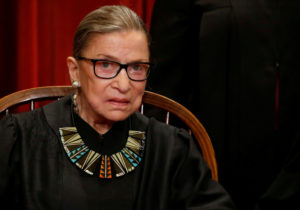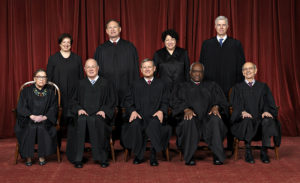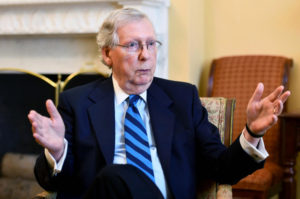
I’ve been hearing some chatter in recent days about the RBG Rule, named after Supreme Court Justice Ruth Bader Ginsburg.
President Clinton nominated Justice Ginsburg to the high court in 1993 and she promptly made one thing clear: She would not comment on any question that she believed could compromise the integrity of a decision she might make in a future court hearing.
Her intention was to avoid revealing how she might rule.
The RBG Rule has stood the test of time over the past 25 years.
Donald J. Trump is set to select someone to succeed Justice Anthony Kennedy, who is retiring at the end of this month after 30 years on the Supreme Court.
Here’s my hope for the next pick: He or she should make the same pledge that RBG made in 1993. What’s more, liberal members of the U.S. Senate Judiciary Committee, which will consider the merits of this nomination, should honor that nominee’s pledge … if the nominee makes it.
There likely will be plenty of grist to pore through once the president reveals the identity of his nominee. I keep hearing that all the finalists the president is considering have considerable judicial experience and have developed lengthy and clearly defined paper trails that reveal much about their judicial philosophy.
Should whoever gets nominated be forced to answer how he or she would vote on, say, Roe v. Wade, or on the president’s travel ban, or on affirmative action, or campaign finance?
This nomination is likely to proceed to a relatively swift up/down vote on confirmation, despite the concerns of many that we ought to wait for the midterm election to determine the Senate composition. The Senate majority leader insisted on the completion of an election prior to considering someone to replace the late Antonin Scalia, right?
If the Senate is going to plow ahead with a confirmation process to determine who succeeds Justice Kennedy, then the RBG Rule needs to stand.



